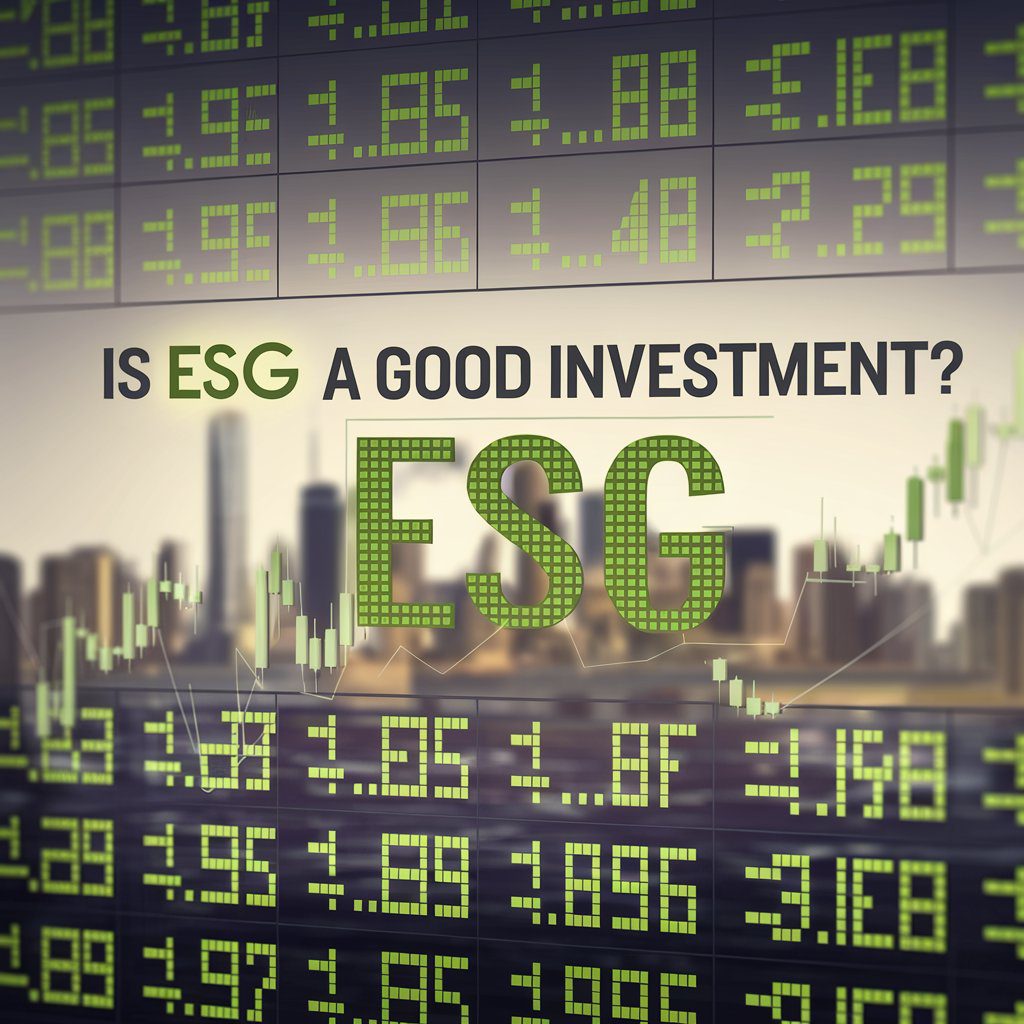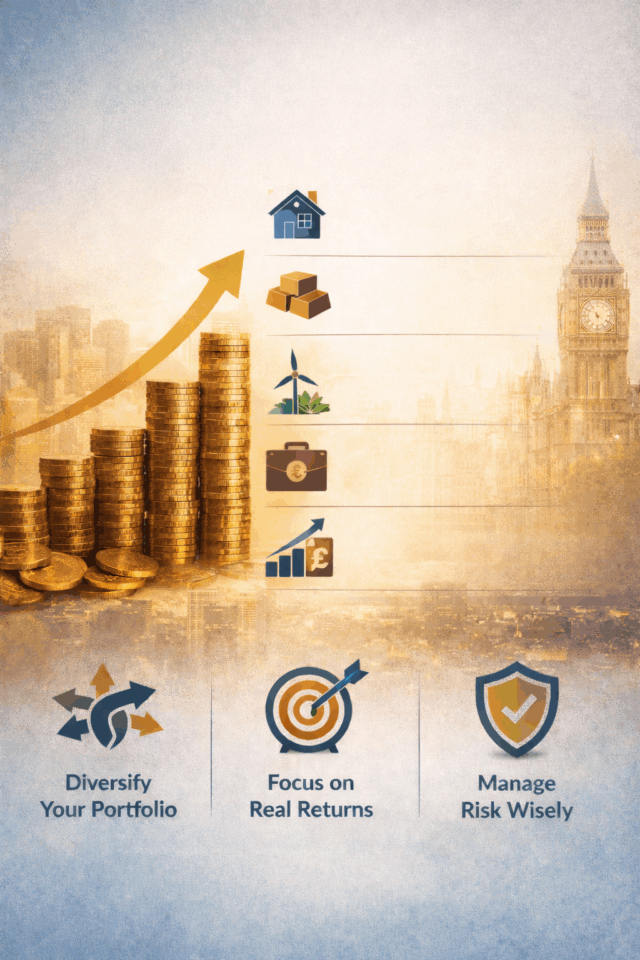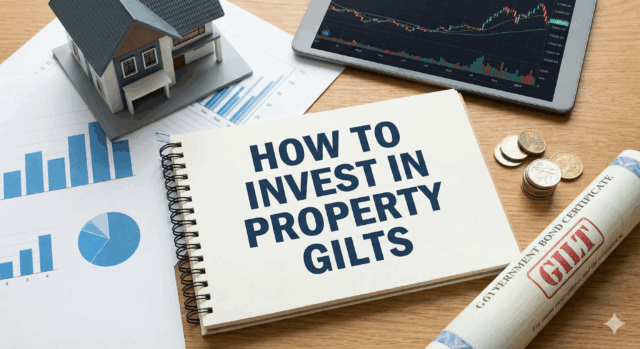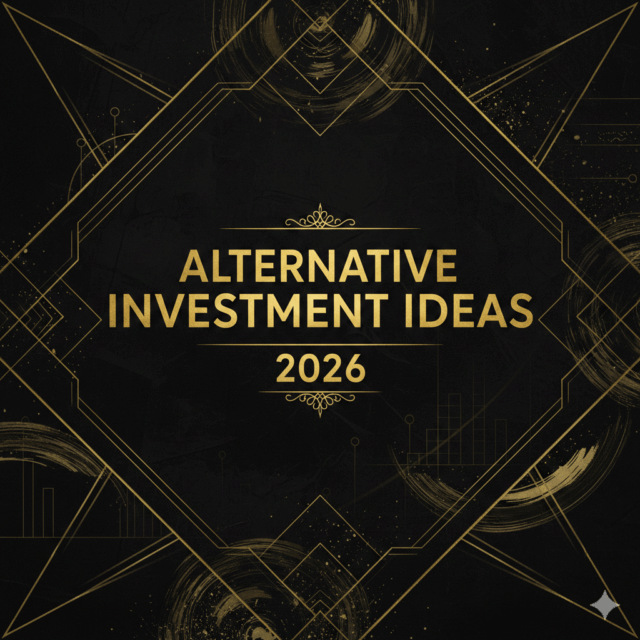In today’s rapidly evolving financial landscape, Environmental, Social, and Governance (ESG) investments have garnered significant attention. As investors increasingly seek to align their portfolios with their values, understanding the potential of ESG investments becomes crucial.
What is an ESG Investment?
ESG investing considers environmental, social, and governance factors alongside traditional financial metrics. This approach evaluates companies based on their environmental impact, social responsibility, and corporate governance practices. These investments range from renewable energy projects to companies with strong diversity policies and transparent management structures.
Examples of ESG Investments
The ESG investment universe spans various sectors and asset classes. Green bonds fund environmental projects, whilst sustainable infrastructure funds support clean energy initiatives. Companies like Beyond Meat exemplify social responsibility through sustainable food production, and firms such as Microsoft demonstrate strong governance through transparent reporting and diverse leadership.
“ESG investments represent more than just financial returns; they’re about creating lasting positive impact whilst generating sustainable profits,” says Rachel Buscall, CEO of New Capital Link. “We’ve witnessed a remarkable shift in investor mindset, with sustainability becoming a core consideration in portfolio construction.”
Pros and Cons of ESG Investments
ESG investments offer numerous advantages, including potential long-term value creation and risk mitigation. Companies with strong ESG practices often demonstrate better resilience during market downturns and face fewer regulatory challenges. However, these investments can sometimes command premium valuations and may require longer holding periods to realise returns.
William Jackson, CEO of Aventurine Climate, notes, “The transition to a low-carbon economy presents unprecedented opportunities. Companies embracing ESG principles are better positioned to navigate future regulatory changes and capture emerging market opportunities.”
Energy Sector Opportunities
The energy sector stands at the forefront of ESG transformation. Renewable energy projects, energy efficiency initiatives, and clean technology innovations offer compelling investment opportunities. The sector’s evolution reflects growing institutional commitment to sustainable practices and increasing consumer demand for clean energy solutions.
Alternative Investments London: New Capital Link
New Capital Link, headquartered in London’s financial district, specialises in sustainable investment solutions. The firm combines traditional financial analysis with rigorous ESG screening to identify promising investment opportunities. Their approach emphasises thorough due diligence and transparent client communication, ensuring investments align with both financial goals and sustainability objectives.
Frequently Asked Questions
How can investors verify an ESG investment’s legitimacy? Thorough due diligence and consulting independent reviews are essential. Reputable firms maintain transparent reporting and comply with financial regulations.
What happens if an ESG investment firm faces financial difficulties? Understanding insolvency laws and investor protections is crucial. Regulated firms must maintain separate client accounts and follow strict financial conduct rules.
How are ESG investments regulated? Financial law governs ESG investments, with increasing regulatory focus on preventing greenwashing and ensuring accurate sustainability claims.
What should investors look for in investment firm reviews? Consider track record, regulatory compliance, and client testimonials. Legitimate firms welcome scrutiny and maintain open communication channels.
Are sustainable investments financially viable? Analysis shows ESG investments often match or outperform traditional investments, particularly over longer time horizons.
This evolving investment landscape demands careful consideration of both opportunities and risks. As the sector matures, transparent practices and robust governance frameworks become increasingly important for sustainable long-term success.






